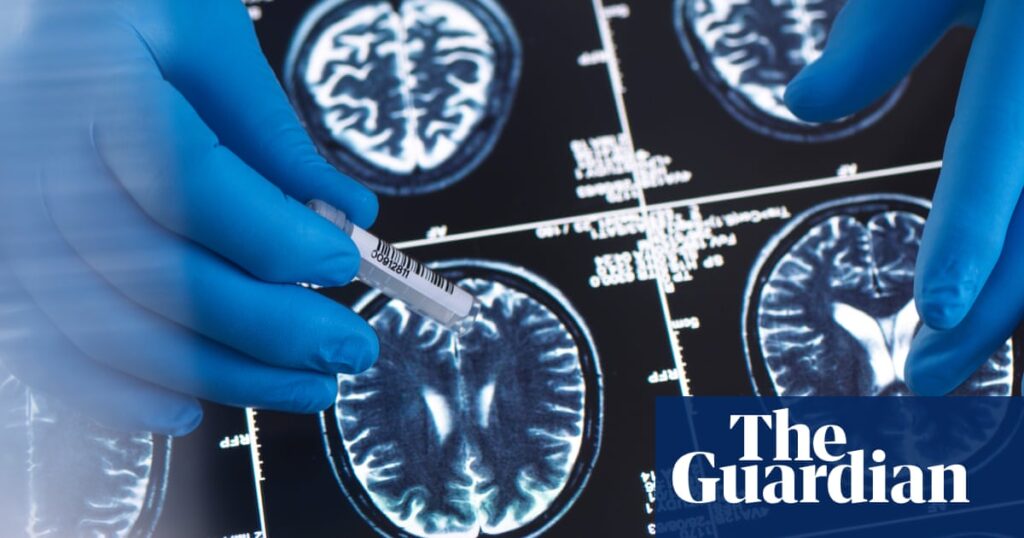Whether it’s an exam, flight or health check, some people take a sunny view of the future while others plan for catastrophes.
Now researchers have found that people with an upbeat outlook show similar patterns of brain activity when they mull over future scenarios.
“Optimists seem to use a shared neural framework for organising thoughts about the future, which likely reflects a similar style of mental processing rather than identical ideas,” said Kuniaki Yanagisawa, first author of the research from Kobe University in Japan.
He said the results could shed light on previous findings that showed optimists tended to be more socially successful.
“What this [new study] tells us is that the foundation of their social success might be this shared reality,” he added. “It’s not just about having a positive attitude; it’s that their brains are literally on the same wavelength, which may allow for a deeper, more intuitive kind of connection.”
In the Proceedings of the National Academy of Sciences, the researchers said they asked 87 participants to complete a questionnaire to reveal how optimistic they were.
Each participant also underwent an MRI brain scan, during which they were asked to imagine various different possible future life events, some of which were positive – such as taking an “epic trip around the world” – while others were neutral or negative, such as being fired. A subset of the participants were asked to imagine scenarios related to death.
The team found participants who were more optimistic showed greater similarities in the patterns of their brain activity in a region involved in future-oriented thinking, called the medial prefrontal cortex (MPFC)
Yanagisawa said one possibility was that the more diverse brain activity among pessimists reflected a more varied set of concerns when thinking about negative scenarios.
However, he said another possibility was that optimists viewed their futures within a shared framework of socially accepted goals which pessimists might feel disconnected from for personal reasons, meaning they each had a different way of thinking about the future.
The researchers said the results had parallels with the first line of Leo Tolstoy’s novel Anna Karenina: “Happy families are all alike; every unhappy family is unhappy in its own way.”
“On the basis of this principle, we propose that optimistic individuals are all alike, but each less optimistic individual imagines the future in their own way,” the team wrote.
The researchers also found patterns of brain activity in the MPFC showed clearer differences for positive and negative future events in optimists.
“This suggests that optimists not only ‘think alike’ in a structural sense, but they also process emotional information about the future differently with a greater ability to separate what’s good from what’s bad, which may help them stay resilient,” said Yanagisawa.
He said previous work had associated this kind of clearer separation with a more abstract, psychologically distant way of thinking about negative events.
“We’re not saying that optimists have identical thoughts about the future, or that they imagine the exact same scenarios,” said Yanadisawa. “Rather, what we found is that their brains represent future events in a similar way, especially in how they distinguish between positive and negative possibilities. So while we wouldn’t say they have the same thoughts, we can say that they appear to think in the same way – structurally.”
Prof Lisa Bortolotti of the University of Birmingham, in the UK, who was not involved in the work, said the study suggested optimists pictured future negative events in less vivid and concrete detail than positive ones, meaning such potential scenarios affected them less.
“These findings might suggest that optimism does not amount to a form of irrationality or reality distortion because it does not change how we see things out there but how those things impact us,” she added.
Bortolotti said assuming things won’t go wrong brought no benefits if it left us unprepared for challenges, but noted that optimism worked when it motivated us to pursue goals.
“Picturing a positive outcome in detail as feasible and desirable makes us value it and work for it, ultimately making it more likely that we will achieve it,” she said.


